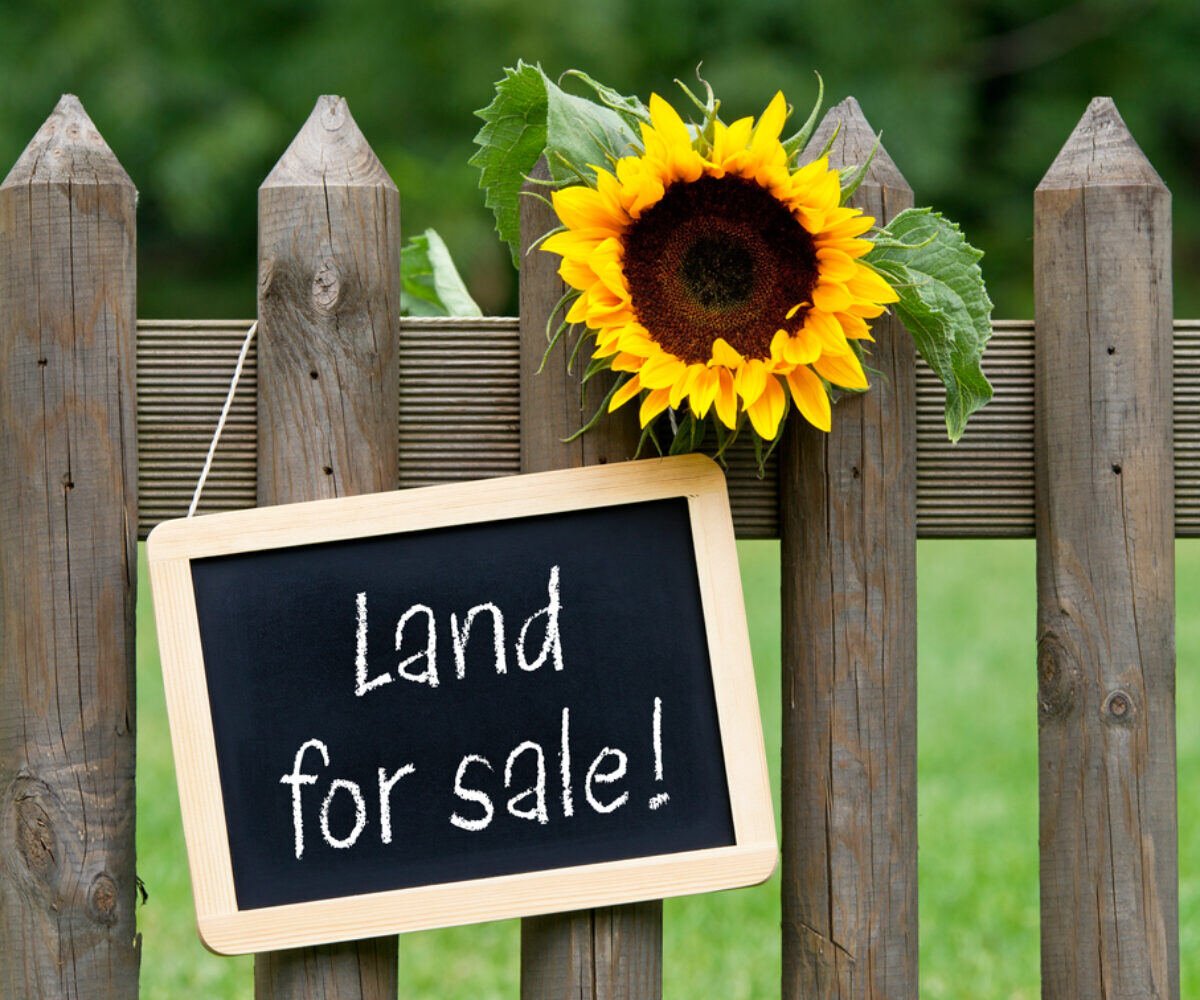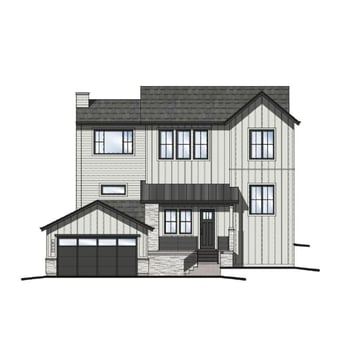The Do's and Don'ts of Buying Land to Build a House

Are you the type who wants to build a home outside of a typical subdivision? How do you know if the site you have in mind is suitable for building? Check out our pointers before you sign on the dotted line to purchase land for your dream home.
The dos of buying land:
- Speak to a professional who specializes in buying/selling land.
Outside opinions are almost always beneficial–especially those of professionals. Just as you would consult with a medical specialist if you were sick, it’s worth the cost of hiring a professional to help you assess and/or purchase land. A professional knows how to valuate aspects of the land, both good and bad, and help you determine a given lot’s suitability for building.
- Get an appraisal.
It’s important that you know the value of the property you are interested in buying. Always get an appraisal before considering a purchase.
- Look into utility services.
Ensure that the land can be set up to receive plumbing, gas, and other utility services.
- Research home values surrounding the property.
Home values near the property should be similar to the value of the home you are building. If your home is worth significantly more than those in the surrounding area, you might have difficulty obtaining a construction loan.
- Look around the neighborhood.
Be certain that you like the set-up of the neighborhood around you. Envision what the neighborhood might look like 20 years down the road, and ask yourself if you like what you see.
- Narrow down any property restrictions.
One of the first steps in finding the right property to identify any possible restrictions that may arise, either from the governing municipality or from the topography of the land itself. Establishing possible constraints early on will save you being caught off guard later.
- Consider elevation.
Ask yourself whether your home will sit on a hill or in a ditch. What direction will it face, and subsequently what views will you have? What type of foundation will be required? Is it important to you to have a walk-out basement? All of these considerations relate to the lot selection.
- Have a maintenance plan.
If you own the property, you are responsible for its maintenance whether or not a home is built on the lot. Decide ahead of time how involved the maintenance process will be and if you can handle the time and/or expense of that process.
- Remember that it’s all about location.
When choosing a property, consider factors such as school locations, nearby highways, driving distance to stores, views, etc. Every element of the location is important.
The don’ts of buying land:
- Don’t expect a conventional loan.
Getting a loan for buying land is a much different process than getting a construction loan. In fact, chances are high that you will have to pay cash for the property.
- Don’t try to avoid environmental testing.
Just like a home needs to be inspected for safety reasons, the property must be tested to ensure that it is contamination-free and a suitable building site.
- Don’t ignore potential hazards.
If the property seems hazardous or doesn’t look like a promising building site, trust your gut (and the facts).
- Don’t expect the land to be rezoned post-purchase.
While the property will be yours, cities often have zoning rules in place that are not easily bent. Keep your dreams realistic to the land you are purchasing.
Keep in mind that buying good land in a great location is the first step towards a successful home building experience.
Sheffield Homes is a home builder in the Denver metro area and northern Colorado with a reputation for exceptional homes and service. Our process will ensure that your home is of the highest quality, built to suit and completed on schedule. Contact us to learn more.
Tags:
Blog
/Sheffield_Logo_Horizontal_Reversed.png)


